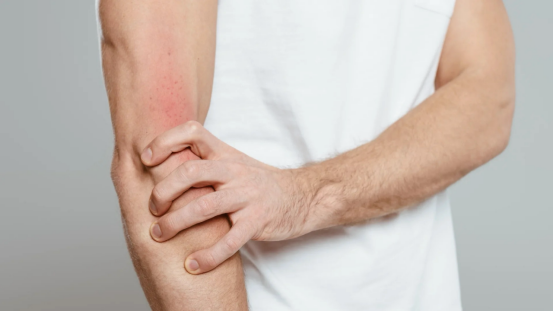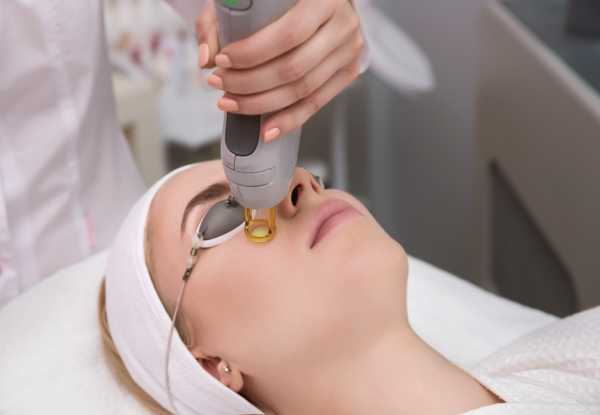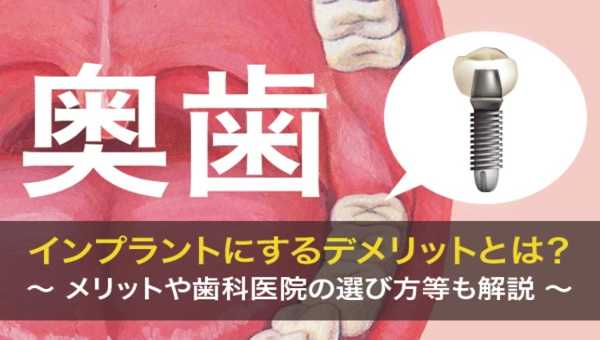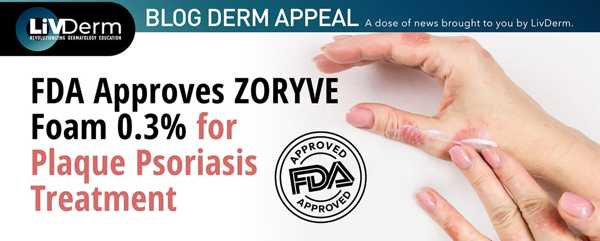🚚 配達ドライバー求人|高収入・未経験歓迎の宅配ドライバー募集
Say Goodbye to Eczema: A Comprehensive Guide to Creams, Lotions, and Natural Solutions
Eczema, also known as atopic dermatitis, is a chronic skin condition that causes red, itchy, inflamed patches on the skin. While eczema is not contagious, it can be uncomfortable and frustrating to manage. Symptoms can range from mild dryness and irritation to severe, cracked, and bleeding skin. While there is no cure for eczema, various treatments can help manage flare-ups and provide long-term relief. This guide will explore effective treatments, including creams, lotions, and natural remedies, to soothe eczema and restore healthy skin.
Eczema, also known as atopic dermatitis, is a chronic skin condition that causes red, itchy, inflamed patches on the skin. While eczema is not contagious, it can be uncomfortable and frustrating to manage. Symptoms can range from mild dryness and irritation to severe, cracked, and bleeding skin. While there is no cure for eczema, various treatments can help manage flare-ups and provide long-term relief. This guide will explore effective treatments, including creams, lotions, and natural remedies, to soothe eczema and restore healthy skin.

Understanding Eczema
Eczema is most common in children, but it can affect individuals of all ages. It is often associated with other allergic conditions like asthma and hay fever, and tends to run in families. The exact cause of eczema is not fully understood, but it is believed to be a combination of genetic and environmental factors. The skin of people with eczema has a weakened barrier, making it more susceptible to irritants, allergens, and infections.
Common Symptoms of Eczema:
- Dry, red patches of skin
- Intense itching
- Skin that may become thickened or cracked
- Inflamed areas that may ooze or bleed during flare-ups
Triggers for Eczema Flare-Ups:
- Environmental factors (such as pollen, dust mites, and cold weather)
- Irritants (like soaps, detergents, and fragrances)
- Allergens
- Stress
Treatment Options for Eczema: Creams, Lotions, and Natural Solutions
While there is no one-size-fits-all treatment for eczema, various creams, lotions, and natural remedies can help provide relief. Here’s a breakdown of the most effective options for managing eczema:
1. Moisturizers: The Foundation of Eczema Care
One of the most important components of eczema management is keeping the skin moisturized. Eczema causes the skin to lose moisture, leading to dryness and irritation. Regularly applying a good moisturizer helps restore the skin’s natural barrier, preventing flare-ups and promoting healing.
Best Types of Moisturizers for Eczema:
- Thick creams and ointments: These are generally better for eczema-prone skin than lotions, which can be too watery.
- Look for moisturizers that contain ingredients such as ceramides, glycerin, and hyaluronic acid, which help lock in moisture and strengthen the skin’s natural barrier.
Top Moisturizers for Eczema:
- CeraVe Moisturizing Cream
- Contains ceramides and hyaluronic acid to restore the skin’s protective barrier.
- Non-greasy and fast-absorbing, ideal for daily use.
- Eucerin Eczema Relief Cream
- Features colloidal oatmeal and ceramide-3 to soothe irritated skin and reduce inflammation.
- Recommended by dermatologists for eczema and other sensitive skin conditions.
- Aquaphor Healing Ointment
- A petroleum-based ointment perfect for sealing in moisture and promoting healing.
- Particularly effective for dry, cracked skin during eczema flare-ups.
- Vanicream Moisturizing Cream
- A gentle, fragrance-free cream formulated for sensitive skin.
- Free from common irritants such as dyes, parabens, and formaldehyde.
2. Topical Steroids: Reducing Inflammation
Topical corticosteroids are the go-to treatment for reducing inflammation and itching during eczema flare-ups. These prescription-strength creams and ointments come in various strengths, ranging from mild to potent, depending on the severity of the eczema.
How Topical Steroids Work:
Corticosteroids work by reducing inflammation in the skin and suppressing the immune system’s response to triggers, which helps alleviate redness, swelling, and itching.
Popular Topical Steroids for Eczema:
Hydrocortisone Cream (0.5% - 1%)
- oAvailable over the counter, this mild corticosteroid is suitable for treating mild eczema flare-ups.
- oCan be used on most areas of the body, but should not be applied to the face or genital areas for extended periods.
Triamcinolone Acetonide Cream
- oA medium-potency steroid commonly prescribed for more severe flare-ups.
- oOffers relief from itching and redness.
Clobetasol Propionate (Ultravate)
- oA high-potency steroid effective for stubborn eczema.
- oTypically prescribed for short-term use due to its potency and potential side effects with long-term use.
3. Non-Steroidal Treatments: Alternatives to Steroids
For individuals seeking alternatives to steroid creams, there are several non-steroidal treatments that can reduce inflammation and calm flare-ups. These options may be especially beneficial for those with sensitive skin or those looking to avoid steroids.
Top Non-Steroidal Options:
Tacrolimus (Protopic) and Pimecrolimus (Elidel)
- oThese topical calcineurin inhibitors are prescription medications that suppress the immune response and reduce inflammation without steroids.
- oSuitable for both children and adults, especially for delicate areas like the face or skin folds.
- oCan be used long-term with fewer side effects compared to corticosteroids.
Colloidal Oatmeal Creams
- oColloidal oatmeal has soothing properties that can relieve itching and inflammation.
- oAveeno Eczema Therapy Moisturizing Cream is a popular option containing colloidal oatmeal.
Coal Tar Preparations
- oCoal tar is a treatment for eczema and other inflammatory skin conditions. It can help reduce itching and inflammation, though it’s less commonly used today due to its potential for skin irritation and strong odor.
- oMG217 Coal Tar Cream is a well-known product for eczema relief.
4. Natural Remedies for Eczema Relief
Natural remedies can complement conventional treatments and provide a more holistic approach to managing eczema. These remedies can help reduce inflammation, relieve itching, and promote skin healing.
Best Natural Remedies for Eczema:
Coconut Oil
- oContains lauric acid, which has antimicrobial and anti-inflammatory properties.
- oIt helps moisturize dry skin and protect against infection during eczema flare-ups.
- oApply virgin coconut oil to affected areas after a shower or bath for optimal hydration.
Aloe Vera
- oAloe vera has cooling, soothing properties that help alleviate itching and irritation.
- oIt also has natural anti-inflammatory and antibacterial effects.
- oUse pure aloe vera gel, either from the plant or a commercially prepared product, to soothe inflamed eczema patches.
Manuka Honey
- oManuka honey is known for its antibacterial, anti-inflammatory, and moisturizing properties.
- oIt helps speed up the healing process and reduces the risk of infection in eczema lesions.
- oApply a thin layer of manuka honey to the affected areas and leave it on for 20-30 minutes before rinsing off.
Essential Oils
- oEssential oils such as lavender, chamomile, and tea tree oil may help soothe irritated skin, reduce inflammation, and provide antibacterial benefits.
- oAlways dilute essential oils with a carrier oil (such as coconut oil or almond oil) to avoid skin irritation. A few drops mixed with a carrier oil can be applied to eczema-affected areas.
Apple Cider Vinegar Baths
- oApple cider vinegar has natural antibacterial and anti-inflammatory properties that may help soothe eczema flare-ups.
- oSome people find relief by adding a cup of apple cider vinegar to a warm bath.
- oIt’s important to dilute apple cider vinegar and avoid using it on broken skin, as it can cause stinging.
5. Other Helpful Tips for Managing Eczema
Bathing: Take short, lukewarm baths with mild soap or oatmeal-based products. Avoid hot water, as it can strip the skin of moisture.
Avoid Scratching: Scratching can worsen eczema symptoms and lead to infection. Apply a cool compress or use anti-itch creams to reduce the urge to scratch.
Wear Soft, Breathable Fabrics: Opt for cotton clothing, as it’s gentle on the skin and allows for better airflow. Avoid wool and synthetic fabrics that may irritate the skin.
Identify and Avoid Triggers: Keep track of potential triggers, such as allergens, stress, or harsh chemicals, and take steps to avoid them.
Conclusion: Finding the Right Solution for You
Eczema is a challenging condition, but there are a wide variety of treatments available to manage symptoms and provide relief. Whether you choose moisturizers, topical steroids, non-steroidal treatments, or natural remedies, the key to managing eczema is consistency and finding the right approach for your skin type and lifestyle.
If your eczema is not responding to over-the-counter treatments, it’s important to consult a dermatologist. They can help create a personalized treatment plan, which may include prescription medications or other interventions to help you manage the condition effectively.
By staying proactive and exploring various treatment options, you can achieve relief from eczema and enjoy healthier, more comfortable skin.











